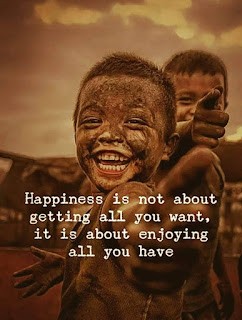...Seeking help and denying support
The cycle of ungratefulness is a troubling phenomenon that can strain relationships and create emotional turmoil for those involved. It begins with individuals who appear vulnerable, actively seeking help from others. They may present themselves as in dire need of support, drawing on the compassion of friends, family, or even strangers. This initial plea for assistance can evoke a strong sense of empathy and motivate others to step in and provide the necessary resources, whether emotional, financial, or practical.
However, once the help is rendered, the narrative often takes a surprising turn. Instead of expressing gratitude, these individuals may twist the story, claiming that no one truly helped them or that they had the capability to manage on their own all along. This denial of support can be particularly disheartening for those who invested their time and energy into assisting them. It can lead to feelings of betrayal and confusion, as the helpers grapple with the unappreciative response they receive.
This behaviour is not merely an isolated incident but rather a cycle that can stem from deeper issues, including inherited traits from family dynamics. Many ungrateful individuals may have grown up in environments where gratitude was not modelled or where entitlement was prevalent. As a result, they may struggle to recognise the value of support and the importance of expressing appreciation.
Many ungrateful individuals may inherit these traits from their families, suggesting that such attitudes can be passed down through generations. This learned behaviour can manifest in various ways, from a lack of appreciation to an unwillingness to acknowledge the efforts of others. When they receive help, the focus often shifts away from gratitude and towards a self-centred narrative that undermines the support they received.
Understanding this dynamic is crucial for those who encounter ungrateful individuals. It highlights the importance of setting boundaries and recognising that not everyone will respond to kindness with appreciation. While it's essential to be compassionate and supportive, it's equally important to protect oneself from the emotional toll that ungratefulness can take. In the end, fostering an environment of gratitude and accountability can help break the cycle of entitlement and encourage healthier relationships.
Breaking this cycle requires awareness, communication, and a commitment to fostering a culture of gratitude, both within oneself and in relationships with others. By doing so, it is possible to create healthier interactions and mitigate the emotional toll that ungratefulness can inflict.










Comments
Post a Comment